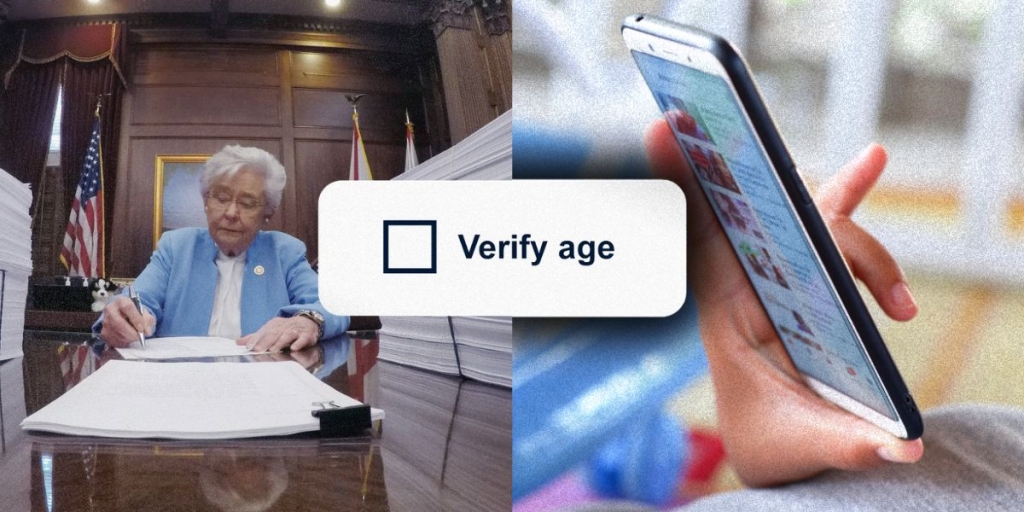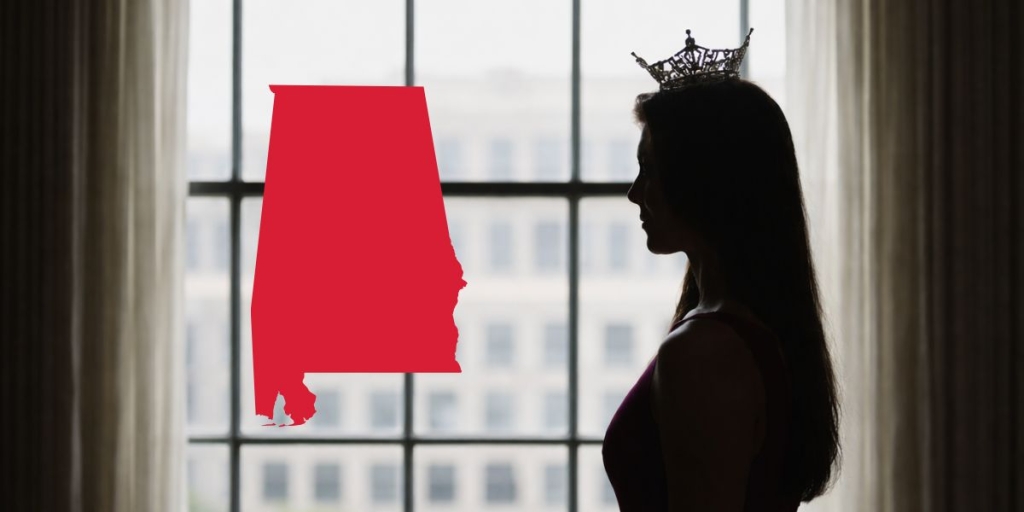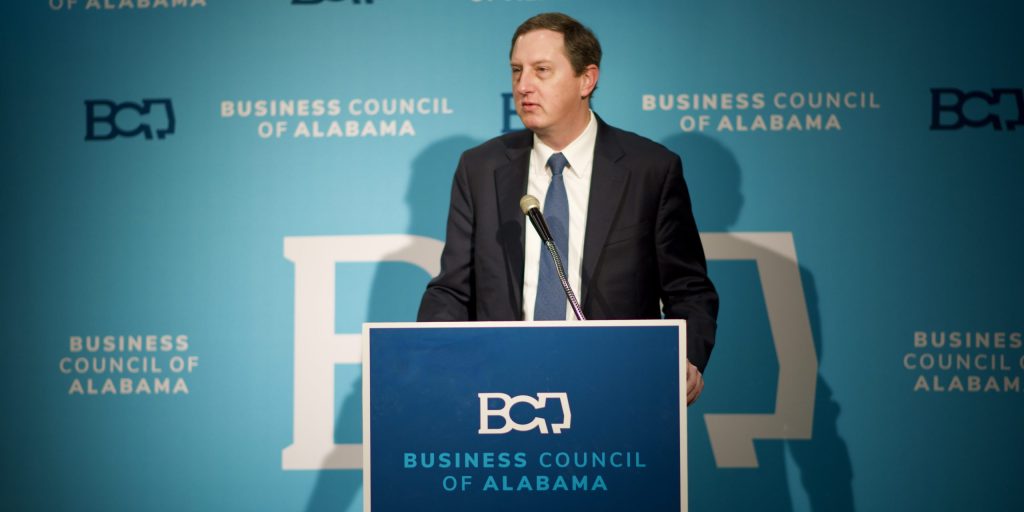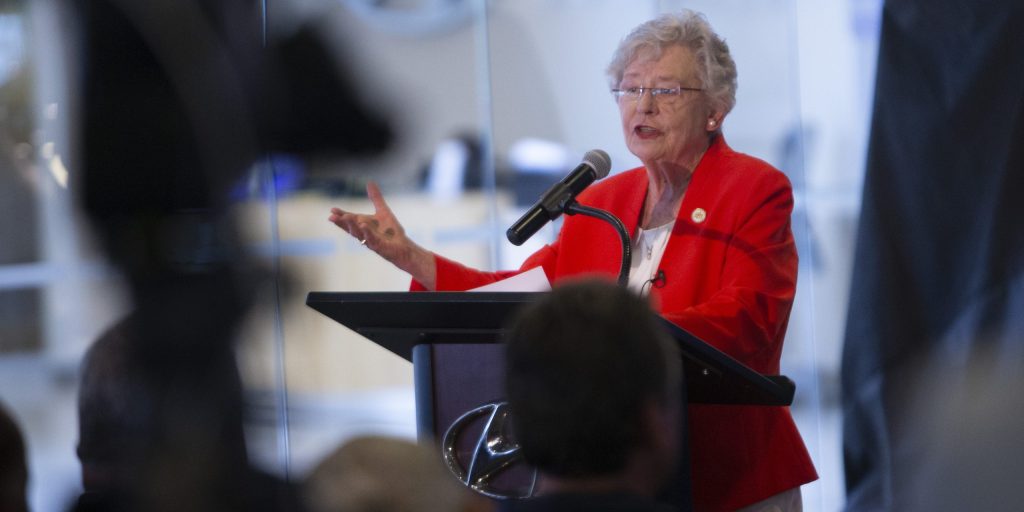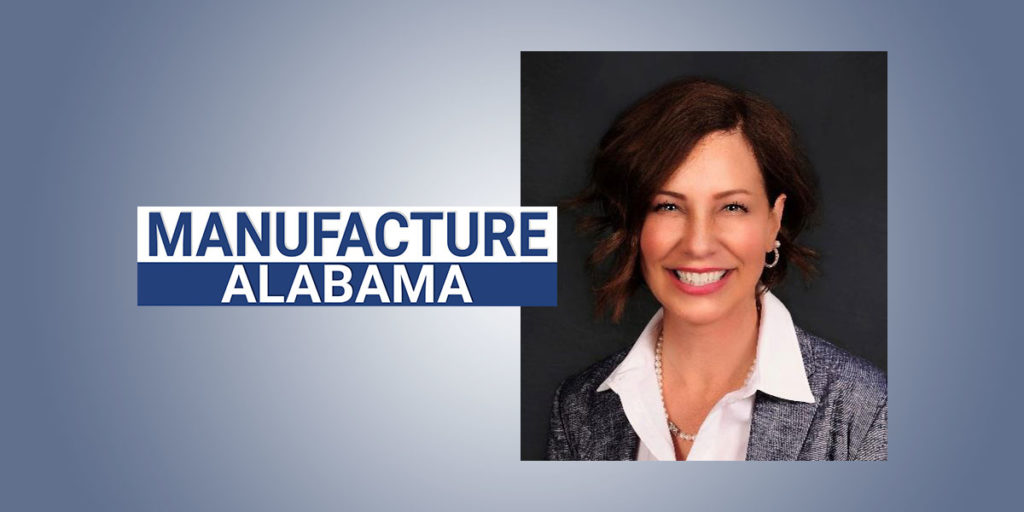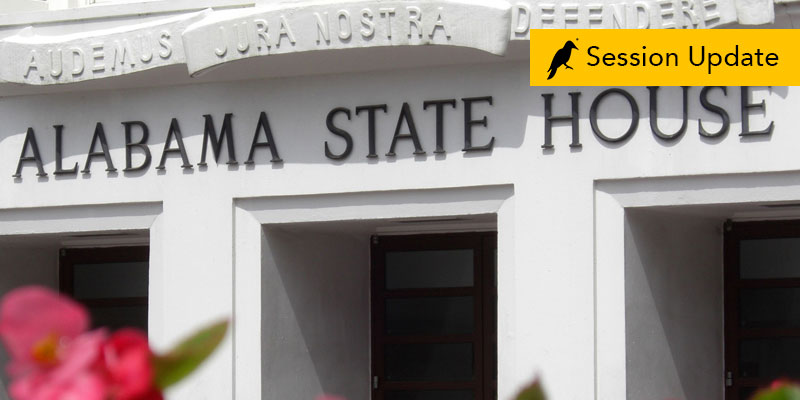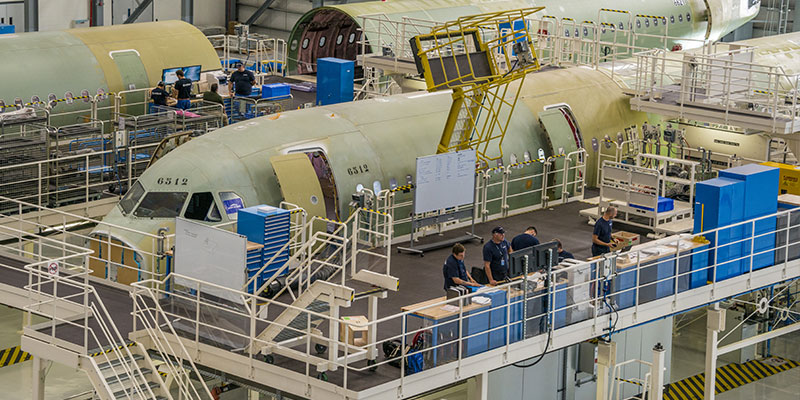
Alabama has made strides in assessing whether the state is getting the biggest bang for its buck with economic incentives designed to lure large development projects, an expert told lawmakers on Wednesday.
Josh Goodman, an economic development analyst at the Pew Charitable Trusts, co-authored a report last year examining how states evaluate their economic programs — a timely presentation given Wednesday’s announcement of a new auto plant to be constructed in Alabama.
The Pew report ranked Alabama among 18 states that are “making progress” on the issue, a cut below the 10 judged as “leading” on the matter.
Alabama’s standing was largely due to a 2016 law providing for state agencies to review economic incentives they administer to new projects every four years.
“One potential weakness of this law is that agencies are responsible for evaluating incentives they administer,” the report states. “Most states that have been successful at evaluating incentives have designated one state office to review all these programs to help ensure that the information is consistent and of high quality. Alabama’s law attempts to ensure that the evaluations will be consistent by requiring the Department of Revenue to develop a standard format for the studies.”
State and company officials on Wednesday unveiled “Project New World,” a $1.6 billion joint venture between Toyota and Mazda projected to manufacture 300,000 vehicles a year in Huntsville and employ up to 4,000 people at an average salary of $50,000.
To seal the deal, Alabama offered about $380 million in tax incentives and a promise to build a $20 million training center.
How much is too much when it comes to foregoing future tax revenue in order to chase a white whale?
“That’s a tricky question,” said Dan Sutter, acting director of Troy University’s Marietta Johnson Center for Political Economy. “I don’t think there’s any way to for sure measure that.”
In an ideal world, Sutter said, Alabama would have low and uniform taxes that applied equally to all businesses. But he said the state faces pressure to keep up with other states competing for the same multinational corporations.
Giving up some future tax revenue may be worth it if that was the sweetener that snagged a project that otherwise would not have happened. But if the company would have come anyway, it is just wasted money.
“That’s another thing that makes this so complicated,” Sutter said. “Could you have gotten the company to locate there with fewer incentives? Could you have gotten the company with no incentives?”
Sutter agreed with the Pew report that designating one agency to evaluate all of the incentives is wise.
“It definitely would be a good idea to separate out the agency that’s giving out the incentives from the agency that evaluates the incentives,” he said.
The rationale for tax incentives is that they create jobs, raise wages and attract businesses. But the Pew report notes that most states until recently made very little attempt to judge whether the expensive incentives actually achieved those goals.
“We pass these tax credits and people tell us they’re going to be great for the state; they’re going to create jobs; there’s going to be a big payback,” Senate Pro Temp Del Marsh (R-Anniston) told Pew for its report. “It’s time to look at some of these closer to see if they have a net gain for the state.”
Brendan Kirby is senior political reporter at LifeZette.com and a Yellowhammer contributor. He also is the author of “Wicked Mobile.” Follow him on Twitter.




